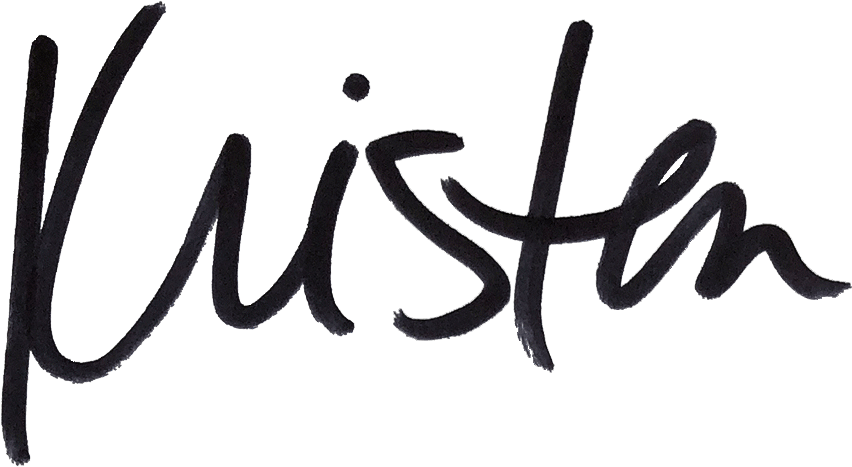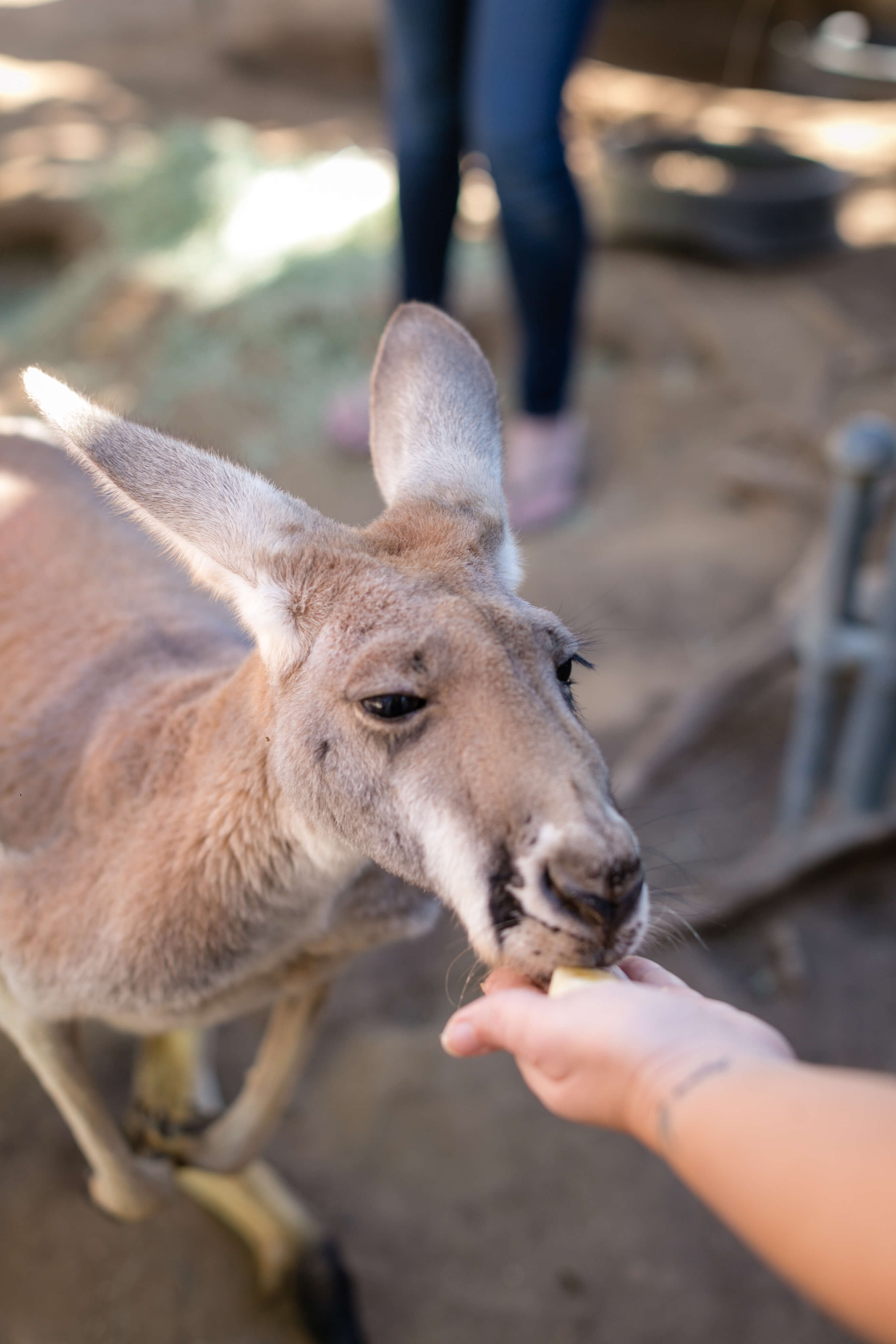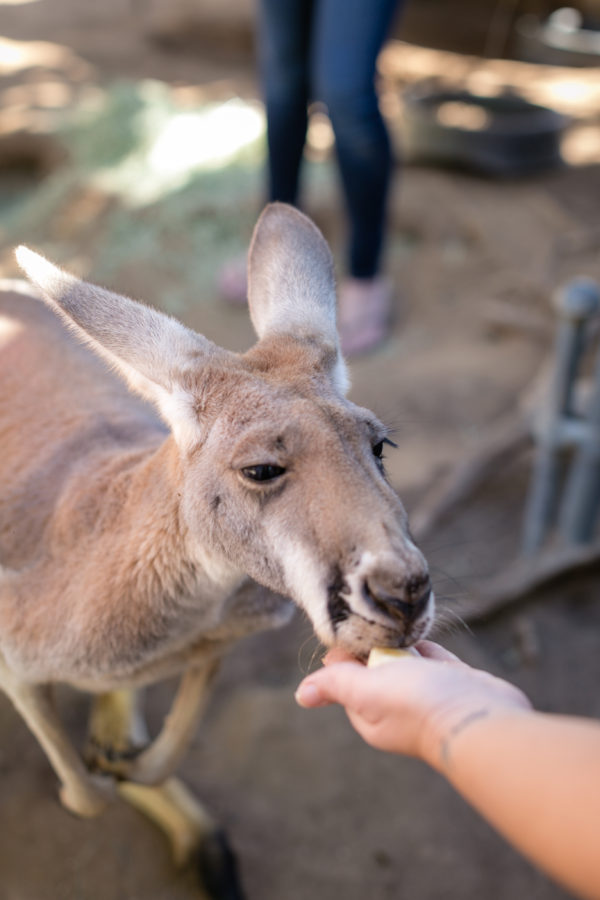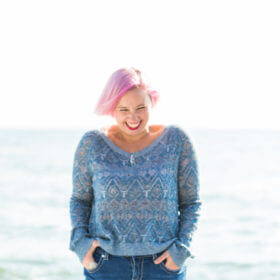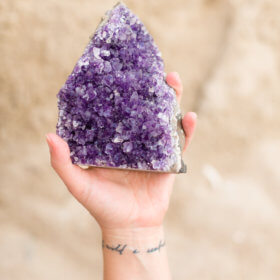By virtue of your reading this, you can count yourself as one of the wealthiest humans ever to have lived on the planet, even if you don’t have a collection of $7,000 handbags or seventeen cars or a squadron of hired help to dress you, bathe you, feed you, and transport you.
Of course, knowledge of this particular status doesn’t mean you feel wealthy: I certainly don’t, particularly when I’m strolling the streets of Paris and see bags in shop windows that cost more than my car. (And, let’s be honest, the total value of every car I’ve ever owned.)
Nor am I saying you should feel guilty about all you have: again, I don’t. I’m simply pointing out that in the whole great, vast and wide world that is your life, your ability to have traveled on a plane puts you in a class of people who are the cleanest, healthiest, and wealthiest the world has ever known.
You already have immense privilege, whether you acknowledge it or not. So, what will you do with it?
Most people will choose to pursue more money. Indefinitely.
More money, more money, more money, more money, more money.
It’s not particularly interesting, and it means your house will be filled with things and stuff, but it’s what the world offers. Shiny objects, writ larger and larger until the whole world is encrusted with crystals and diamonds.
From this perspective, there will never be enough money. Not ever, even for a minute, even if you’re a multi-billionaire, because you will never have ALL THE MONEY in the whole world.
But you can choose to find your way to a place of enough. From that place — in which your bills are paid, your heat is on, your food is relatively healthy and your safety is not at risk — you’re free to pursue more meaning, more time to yourself, more travel, and more creative projects.
More unplugged time.
More mornings in Paris.
More donations to charity.
More time with kangaroos. (As seen here, at Steer Your Ship.)
More time with the people you love most.
More freedom, more spacious living, more adventuring that could go horribly wrong and leave you with malaria in a country where you speak none of the language.
More risk. More croissants. More Italian cookies.
More isn’t necessarily a bad thing. It’s just that pursuing more money and only more money precludes your pursuit of other things that are much, much more interesting.
Like more connection.
More time to read.
More minutes in bookstores, wandering around with no particular place to be.
More mornings to sleep in and get dressed when you feel like it.
There’s a wealth of time and energy available to you that isn’t visible when you’re exclusively pursuing more money.
One afternoon, you might find yourself in Paris, sipping coffee and watching the world go by, and you might let your gaze wander from one person to another with Notre Dame in the background, and you might lose your breath in the wonder of being so very lucky to have chosen to pursue all the mores that are inherently risky, and you might breathe deeply in the knowledge that you, lucky human, already have everything you need.
I tell you this not to lecture you or to point out that OH DEAR GOD YOU LUCKY BASTARD HOW DARE YOU MAKE MORE MONEY, but to share that on the other side of enough, we don’t really have a blueprint for how things are done.
When it comes to modeling generosity in business, we have a whole lot of fluff: peeps who give less than 1% of their net profits to charity and call themselves philanthropists. Peeps who give to charity as absolutely nothing more than a strategic move to get press. Peeps who align with nonprofits to make themselves look good/prestigious/caring, but who don’t give a damn about the organizations themselves.
When we want to figure out how to give money away through our businesses without using it as the crucial key to our respective strategic plans, we have very few role models. That’s the subject of today’s episode of That’s What She Said, Enough-ness.
P.S. I talk about the tipping point from four years ago in Magic Often Feels Like Broken.
